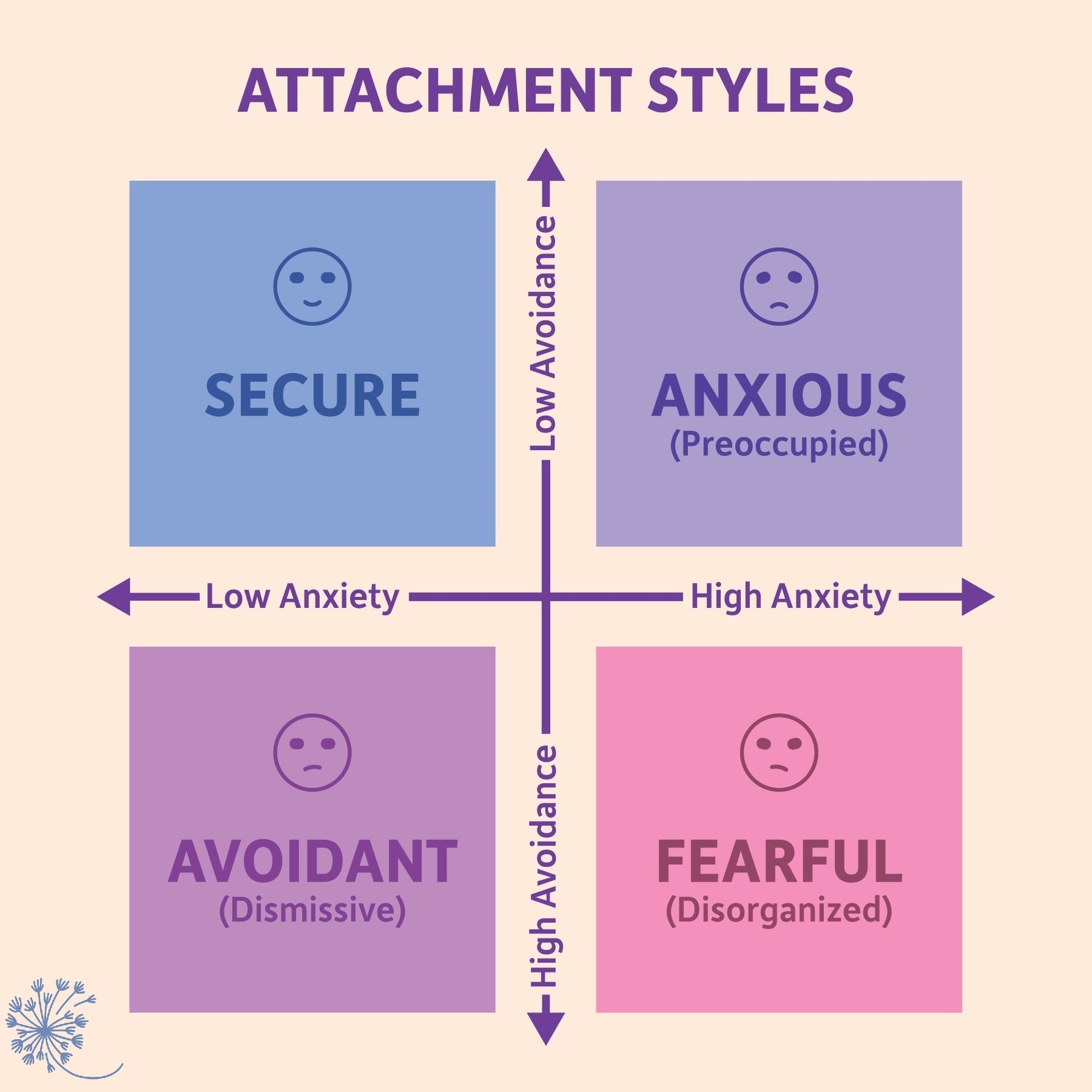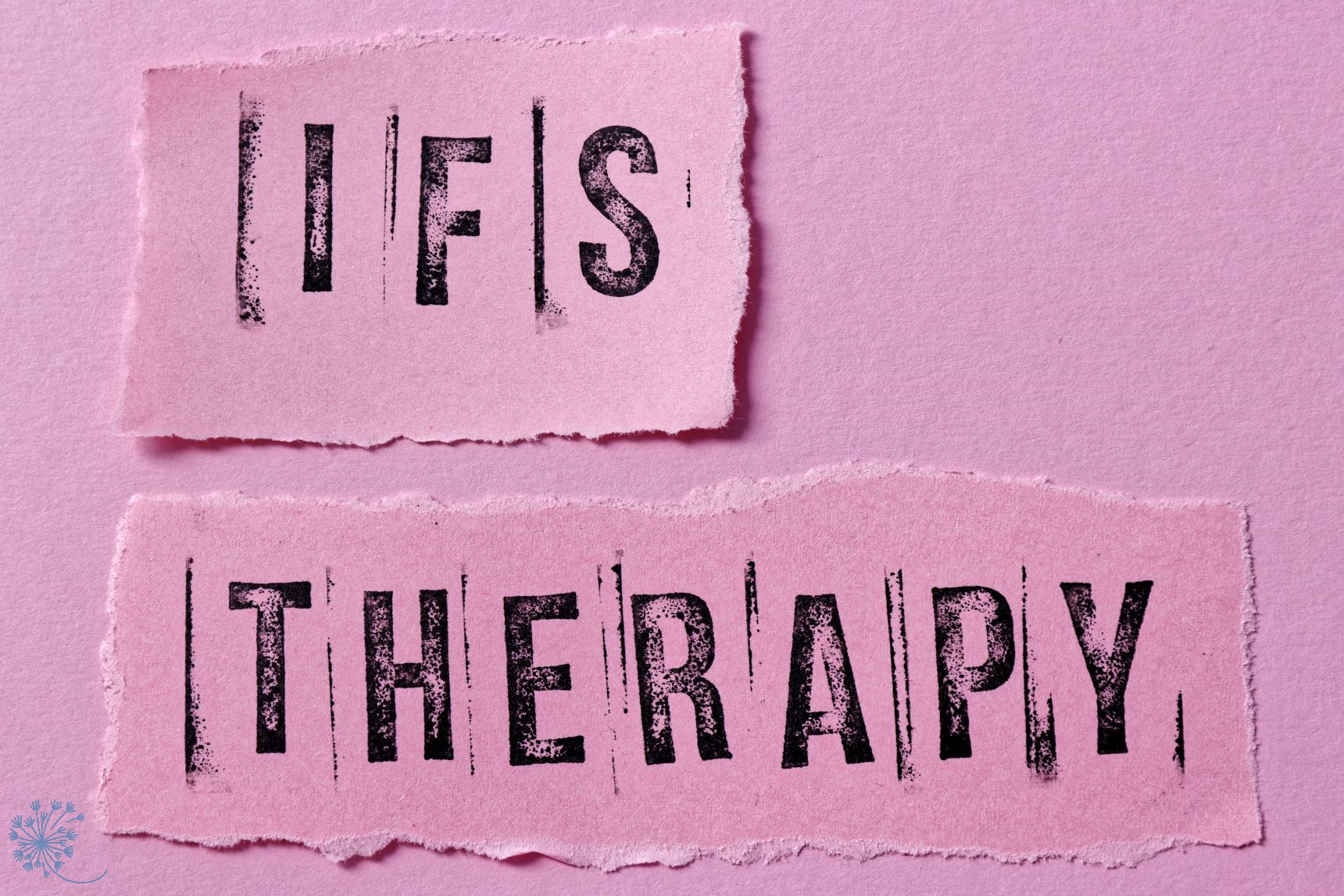Healing Attachment Injuries: Exploring Attachment Theory
We understand attachment injuries and provide a means to heal your emotional bonds based upon your attachment style.

Welcome to our psychotherapy practice, where we specialize in helping individuals and couples heal from attachment injuries and related challenges. In this comprehensive guide, we delve into the essentials of attachment theory, explore different attachment styles, and discuss the psychological difficulties that arise from attachment wounds. We will also highlight two evidence-based therapeutic approaches—Eye Movement Desensitization and Reprocessing (EMDR) and Internal Family Systems (IFS) therapy—that have proven effective in treating these issues. Our goal is to equip you with the knowledge and resources needed for personal and relational healing.
Understanding Attachment Theory
Attachment theory, developed by John Bowlby and further refined by Mary Ainsworth, explains how the emotional bonds formed with primary caregivers during early childhood influence an individual’s psychological and social development. These early relationships shape our attachment styles, which in turn affect how we connect with others throughout life.
Key Components of Attachment Theory:
- Attachment Behaviors: These behaviors, such as seeking comfort or protection from caregivers, are crucial for a child’s emotional security.
- Secure Base: A secure base provides children with a sense of safety, allowing them to explore their environment while knowing they can return to their caregiver for support.
- Internal Working Models: These are mental representations of self and others formed from early interactions with caregivers. They guide expectations and interactions in later relationships.
Types of Attachment Styles
Attachment styles are generally categorized into four types:
- Secure Attachment: Individuals with this style generally have a positive view of themselves and others, feel comfortable with intimacy, and are resilient in the face of stress.
- Anxious-Preoccupied Attachment (AP): This is also known as Anxious Attachment (AA). Characterized by a high need for closeness and reassurance, often accompanied by fears of abandonment and dependency on others.
- Avoidant-Dismissive Attachment: This is also known as Dismissive Attachment (DA) These individuals often maintain emotional distance, struggle with trust, and prefer self-reliance over seeking support from others.
- Disorganized-Disoriented Attachment: This is also known as Fearful Avoidant (FA). Often resulting from inconsistent or traumatic caregiving, this style is marked by confusion and fear in relationships, lacking a clear strategy for dealing with emotional stress.
Challenges from Attachment Injuries
Attachment injuries, stemming from unmet emotional needs or traumatic experiences, can lead to various psychological issues, including:
- Relationship Struggles: Persistent patterns of conflict, miscommunication, or emotional withdrawal can result from unresolved attachment issues.
- Emotional Dysregulation: Difficulty managing emotions, often manifesting as anxiety, depression, or anger.
- Low Self-Esteem: Negative internal working models can contribute to feelings of unworthiness and self-doubt.
- Trust Issues: Difficulty trusting others can hinder the formation of healthy, supportive relationships.
Healing with EMDR and Internal Family Systems Therapy
Both EMDR and IFS therapy are effective, evidence-based approaches to healing attachment injuries and related psychological challenges.
EMDR Therapy
Eye Movement Desensitization and Reprocessing (EMDR) is a structured therapy that helps individuals process and integrate traumatic memories and experiences. Developed by Francine Shapiro, EMDR is based on the idea that trauma can disrupt the brain’s natural healing processes. By using bilateral stimulation (such as eye movements), EMDR helps reprocess these traumatic memories, reducing their emotional charge and impact.
How EMDR Works:
- Assessment and Preparation: The therapist works with the client to identify traumatic memories and establish a safe, supportive therapeutic environment.
- Desensitization: The client focuses on a traumatic memory while simultaneously engaging in bilateral stimulation, helping to reprocess the memory.
- Reprocessing and Integration: The therapist guides the client in integrating new, more adaptive perspectives and feelings about the traumatic event.
EMDR has been extensively researched and is recognized as an effective treatment for PTSD, anxiety, and other trauma-related conditions.
Internal Family Systems Therapy
Internal Family Systems (IFS) Therapy, developed by Dr. Richard Schwartz, is based on the concept that the mind is composed of multiple sub-personalities or “parts.” Each part has its own perspective and emotional needs, and the goal of IFS therapy is to help individuals access their core Self—a compassionate and wise inner leader—to harmonize and heal these parts.
How IFS Therapy Works in the Context of Attachment:
- Identifying Parts Related to Attachment: Clients identify parts that carry the burdens of past attachment injuries, such as those that avoid intimacy or fear abandonment.
- Developing Self-Leadership: The therapy focuses on strengthening the core Self, enabling the individual to lead their internal system with compassion and clarity.
- Healing and Integrating Parts: The Self engages with and heals exiled parts, which often hold pain from attachment injuries. Once healed, these parts are reintegrated into the system, promoting emotional balance and healthier relationships.
IFS has been shown to be effective in treating a variety of issues, including trauma, anxiety, depression, and relational conflicts.
Applications in Individual and Couples Therapy
Individual Therapy:
- Trauma Resolution: Both EMDR and IFS provide pathways for individuals to process and heal from past traumas and attachment injuries.
- Personal Growth: These therapies encourage self-discovery and growth, fostering healthier self-esteem and emotional resilience.
- Trust and Relationship Building: By addressing issues related to trust and intimacy, EMDR and IFS help individuals form more secure and fulfilling relationships.
Couples Therapy:
- Improving Communication: These therapies help couples understand the underlying emotional dynamics in their relationship, promoting clearer and more compassionate communication.
- Building Intimacy: By addressing attachment injuries, EMDR and IFS help couples deepen their emotional connection and intimacy.
- Conflict Resolution: Both approaches provide tools for resolving conflicts in a constructive and empathetic manner, enhancing relationship satisfaction.
Clinician Issues Treated with EMDR and IFS Therapy
Both EMDR and IFS therapy offer valuable tools for clinicians, helping them manage their own emotional challenges and enhancing their practice.
- Preventing Burnout: These therapies provide strategies for self-care and emotional regulation, helping clinicians maintain their well-being.
- Enhancing Empathy and Insight: By working with their own internal systems, clinicians can develop deeper empathy and avoid projecting their issues onto clients.
- Improving Therapeutic Relationships: Both EMDR and IFS help clinicians navigate professional challenges, fostering better therapeutic relationships and outcomes.
A Call to Action
If you or someone you know is struggling with attachment-related challenges or trauma, EMDR and Internal Family Systems therapy offer compassionate and effective paths to healing. Whether you’re dealing with relationship difficulties, emotional dysregulation, or seeking personal growth, these therapies can help you understand and heal the underlying issues.
Take the First Step:
- Schedule a Consultation: Contact us today to schedule a consultation and learn how EMDR and IFS therapy can benefit you.
- Commit to Your Healing Journey: Healing is a process, and EMDR and IFS offer sustainable and profound approaches to long-term well-being.
At our practice, we are dedicated to helping you unlock the healing potential within yourself. Reach out to us today and take the first step towards a more integrated and harmonious life. Your journey towards healing and self-discovery begins here.
For more information or to book an appointment, please contact us by calling the number on our site or using the Schedule an Appointment button on this page. We look forward to supporting you on your path to well-being.
Therapy Method Information
Below is more information on some of the types of therapy available for this condition.
At Sea Change Psychotherapy of Atlanta, we offer Eye Movement Desensitization and Reprocessing (EMDR) therapy to help you overcome trauma and regain control.
Unlocking Healing with Internal Family Systems Therapy: A comprehensive guide to IFS and the categories of Exiles, Managers, and Firefighters








